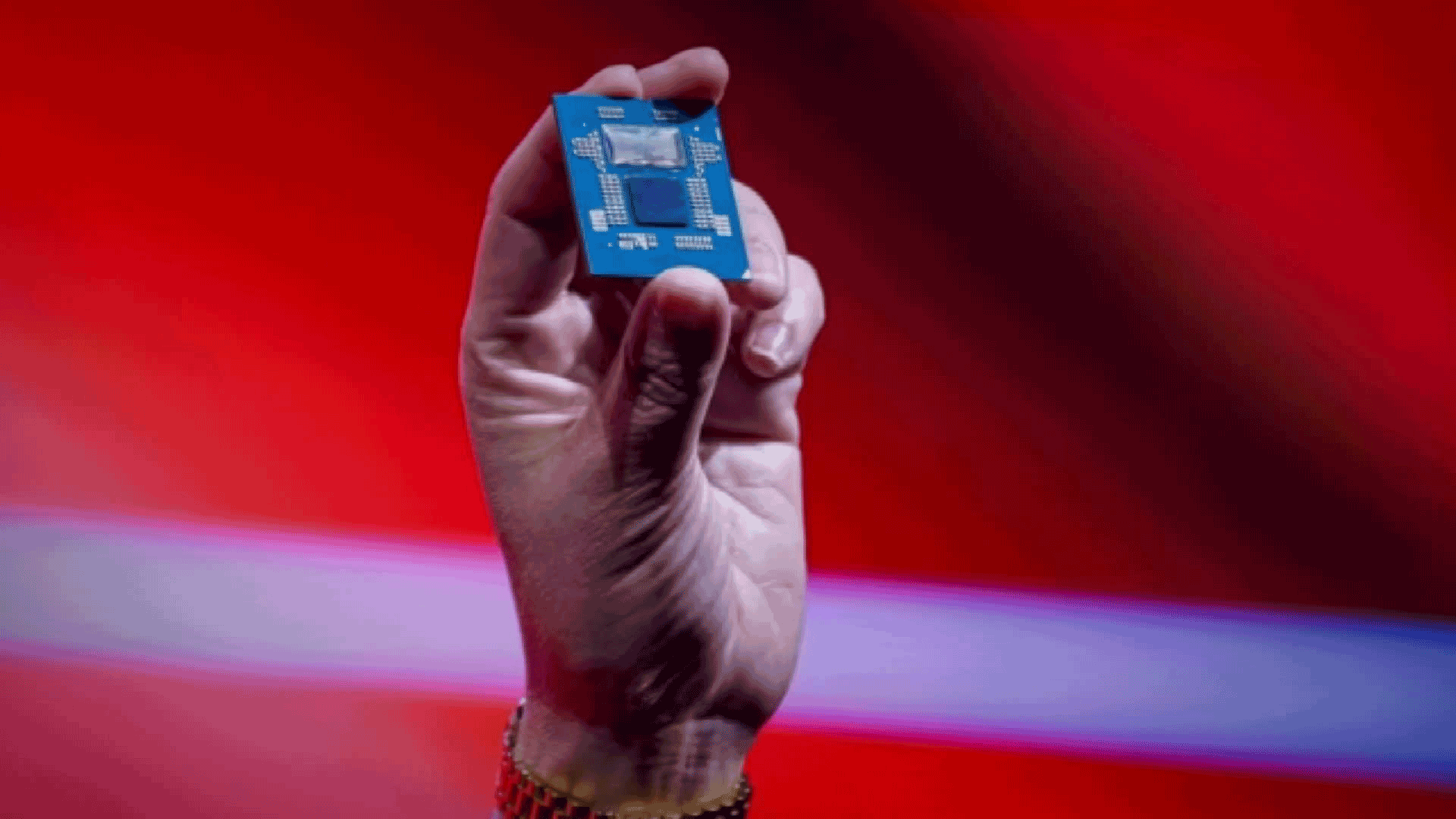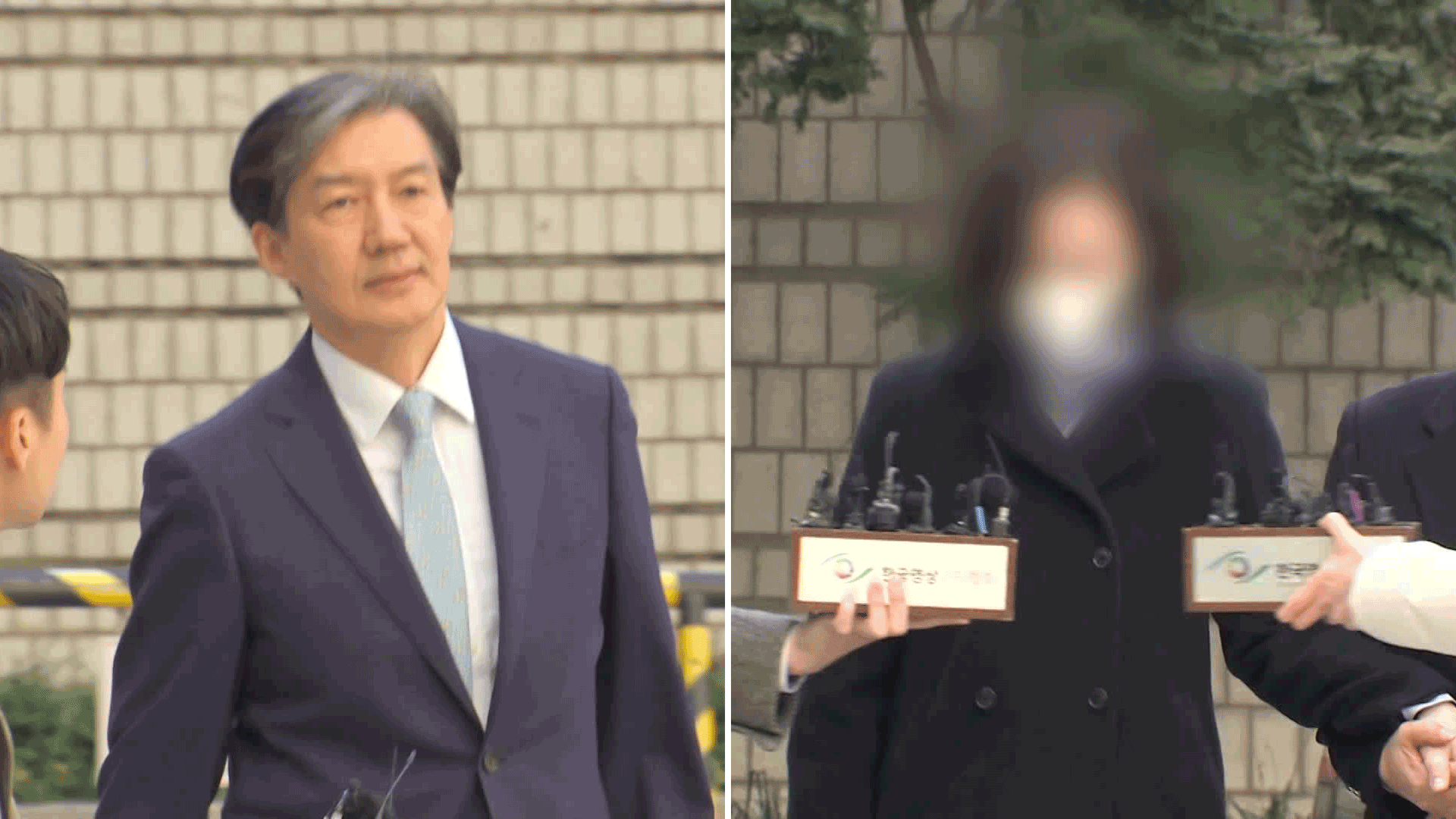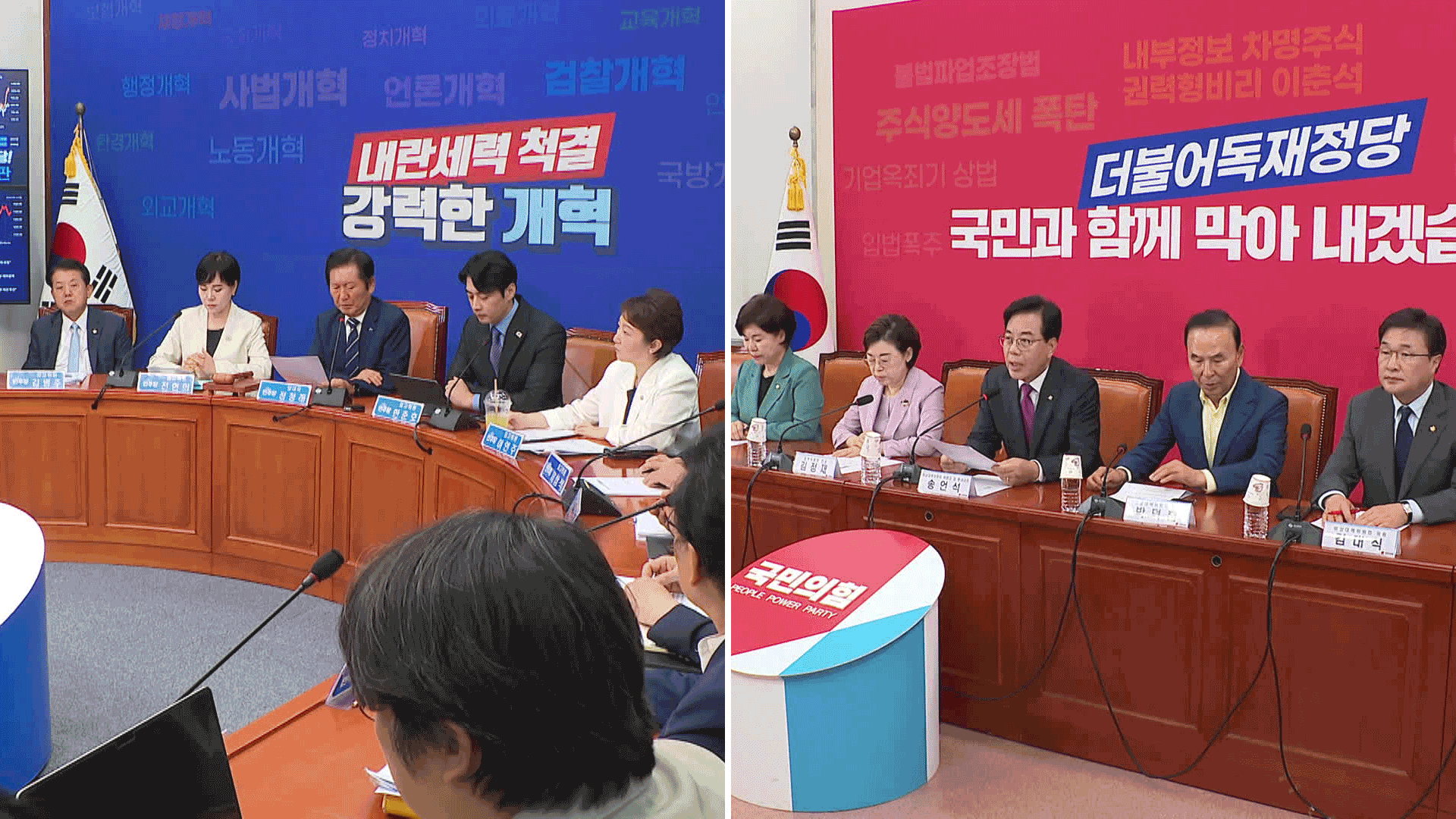Nvidia, AMD to share profits with U.S.
입력 2025.08.12 (00:23)
읽어주기 기능은 크롬기반의
브라우저에서만 사용하실 수 있습니다.
[Anchor]
U.S. chipmakers Nvidia and AMD have reportedly agreed to hand over part of the profits they earn from selling semiconductors to China to the U.S. government.
The payment is in exchange for being granted permission to sell semiconductors to China.
It appears there are no exceptions to the pressure-and-deal tactics of President Trump.
This is Kim Ji-sook from Washington.
[Report]
The Financial Times reported that Nvidia and AMD signed a contract with the Trump administration as they received permission to resume exports to China.
They agreed to pay 15% of the profits earned from selling semiconductors to China to the government.
Nvidia effectively acknowledged the arrangement, stating that it “complies with the rules set by the U.S. government for participating in the global market.”
In June, the U.S. had agreed to ease export controls on AI chips by companies like Nvidia as part of trade talks with China, but export licenses were only granted on Aug. 8.
Two days before the approval, Nvidia CEO Jensen Huang met with President Trump, fueling speculation that the deal was struck then.
[Howard Lutnick/U.S. Secretary of Commerce/Aug. 7: "He had Jensen Wang from Nvidia, Tim Cook yesterday, both in his office talking and he set tariffs to bring semiconductor manufacturing to America."]
Having the government take a share of profits in exchange for an export license is unprecedented.
Analysts say it illustrates Trump’s signature negotiating style: “If you want to do business with America, invest in America.”
[Donald Trump/U.S. President/Mar. 2025:"You know, there are no tariffs if you make your product in America.”]
However, critics argue it is questionable to approve sales when the exported chips could be used to bolster China’s military capabilities, even if it brings profit.
For President Trump, markets, technology, and even strategic materials appear to be negotiable assets.
There are also concerns that this approach could be applied to other companies seeking to do business with the U.S.
This is Kim Ji-sook from KBS News in Washington.
U.S. chipmakers Nvidia and AMD have reportedly agreed to hand over part of the profits they earn from selling semiconductors to China to the U.S. government.
The payment is in exchange for being granted permission to sell semiconductors to China.
It appears there are no exceptions to the pressure-and-deal tactics of President Trump.
This is Kim Ji-sook from Washington.
[Report]
The Financial Times reported that Nvidia and AMD signed a contract with the Trump administration as they received permission to resume exports to China.
They agreed to pay 15% of the profits earned from selling semiconductors to China to the government.
Nvidia effectively acknowledged the arrangement, stating that it “complies with the rules set by the U.S. government for participating in the global market.”
In June, the U.S. had agreed to ease export controls on AI chips by companies like Nvidia as part of trade talks with China, but export licenses were only granted on Aug. 8.
Two days before the approval, Nvidia CEO Jensen Huang met with President Trump, fueling speculation that the deal was struck then.
[Howard Lutnick/U.S. Secretary of Commerce/Aug. 7: "He had Jensen Wang from Nvidia, Tim Cook yesterday, both in his office talking and he set tariffs to bring semiconductor manufacturing to America."]
Having the government take a share of profits in exchange for an export license is unprecedented.
Analysts say it illustrates Trump’s signature negotiating style: “If you want to do business with America, invest in America.”
[Donald Trump/U.S. President/Mar. 2025:"You know, there are no tariffs if you make your product in America.”]
However, critics argue it is questionable to approve sales when the exported chips could be used to bolster China’s military capabilities, even if it brings profit.
For President Trump, markets, technology, and even strategic materials appear to be negotiable assets.
There are also concerns that this approach could be applied to other companies seeking to do business with the U.S.
This is Kim Ji-sook from KBS News in Washington.
■ 제보하기
▷ 카카오톡 : 'KBS제보' 검색, 채널 추가
▷ 전화 : 02-781-1234, 4444
▷ 이메일 : kbs1234@kbs.co.kr
▷ 유튜브, 네이버, 카카오에서도 KBS뉴스를 구독해주세요!
- Nvidia, AMD to share profits with U.S.
-
- 입력 2025-08-12 00:23:39

[Anchor]
U.S. chipmakers Nvidia and AMD have reportedly agreed to hand over part of the profits they earn from selling semiconductors to China to the U.S. government.
The payment is in exchange for being granted permission to sell semiconductors to China.
It appears there are no exceptions to the pressure-and-deal tactics of President Trump.
This is Kim Ji-sook from Washington.
[Report]
The Financial Times reported that Nvidia and AMD signed a contract with the Trump administration as they received permission to resume exports to China.
They agreed to pay 15% of the profits earned from selling semiconductors to China to the government.
Nvidia effectively acknowledged the arrangement, stating that it “complies with the rules set by the U.S. government for participating in the global market.”
In June, the U.S. had agreed to ease export controls on AI chips by companies like Nvidia as part of trade talks with China, but export licenses were only granted on Aug. 8.
Two days before the approval, Nvidia CEO Jensen Huang met with President Trump, fueling speculation that the deal was struck then.
[Howard Lutnick/U.S. Secretary of Commerce/Aug. 7: "He had Jensen Wang from Nvidia, Tim Cook yesterday, both in his office talking and he set tariffs to bring semiconductor manufacturing to America."]
Having the government take a share of profits in exchange for an export license is unprecedented.
Analysts say it illustrates Trump’s signature negotiating style: “If you want to do business with America, invest in America.”
[Donald Trump/U.S. President/Mar. 2025:"You know, there are no tariffs if you make your product in America.”]
However, critics argue it is questionable to approve sales when the exported chips could be used to bolster China’s military capabilities, even if it brings profit.
For President Trump, markets, technology, and even strategic materials appear to be negotiable assets.
There are also concerns that this approach could be applied to other companies seeking to do business with the U.S.
This is Kim Ji-sook from KBS News in Washington.
U.S. chipmakers Nvidia and AMD have reportedly agreed to hand over part of the profits they earn from selling semiconductors to China to the U.S. government.
The payment is in exchange for being granted permission to sell semiconductors to China.
It appears there are no exceptions to the pressure-and-deal tactics of President Trump.
This is Kim Ji-sook from Washington.
[Report]
The Financial Times reported that Nvidia and AMD signed a contract with the Trump administration as they received permission to resume exports to China.
They agreed to pay 15% of the profits earned from selling semiconductors to China to the government.
Nvidia effectively acknowledged the arrangement, stating that it “complies with the rules set by the U.S. government for participating in the global market.”
In June, the U.S. had agreed to ease export controls on AI chips by companies like Nvidia as part of trade talks with China, but export licenses were only granted on Aug. 8.
Two days before the approval, Nvidia CEO Jensen Huang met with President Trump, fueling speculation that the deal was struck then.
[Howard Lutnick/U.S. Secretary of Commerce/Aug. 7: "He had Jensen Wang from Nvidia, Tim Cook yesterday, both in his office talking and he set tariffs to bring semiconductor manufacturing to America."]
Having the government take a share of profits in exchange for an export license is unprecedented.
Analysts say it illustrates Trump’s signature negotiating style: “If you want to do business with America, invest in America.”
[Donald Trump/U.S. President/Mar. 2025:"You know, there are no tariffs if you make your product in America.”]
However, critics argue it is questionable to approve sales when the exported chips could be used to bolster China’s military capabilities, even if it brings profit.
For President Trump, markets, technology, and even strategic materials appear to be negotiable assets.
There are also concerns that this approach could be applied to other companies seeking to do business with the U.S.
This is Kim Ji-sook from KBS News in Washington.
-
-

김지숙 기자 jskim84@kbs.co.kr
김지숙 기자의 기사 모음
-
이 기사가 좋으셨다면
-
좋아요
0
-
응원해요
0
-
후속 원해요
0












![[단독]김 여사 인척집 ‘고가시계’ …구매자는 “김 여사 요청으로 구입…비화폰 연락”](/data/news/2025/08/11/20250811_FCY8SJ.png)


이 기사에 대한 의견을 남겨주세요.